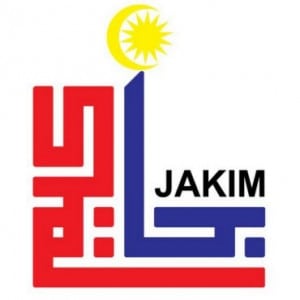By Timothy Abu Mounir Hyatt, Managing Director – Islamic Services of America
 Awareness training for OIC/SMIIC ‘Guidelines for Bodies Providing Halal Certification’ sponsored by the Dubai Accreditation Department (DAC) and the Dubai Municipality (DM) was held 9-10 September 2014 at the Samaya Hotel in Deira.
Awareness training for OIC/SMIIC ‘Guidelines for Bodies Providing Halal Certification’ sponsored by the Dubai Accreditation Department (DAC) and the Dubai Municipality (DM) was held 9-10 September 2014 at the Samaya Hotel in Deira.
The training course was led by Eng. Noaf Ahmed Al-Naqbi, Head of Bodies Accreditation Section, DAC and assisted by Muhammad Shahid Rasool, Senior Accreditation Specialist, DAC. Attendees included representatives of Islamic Services of America (ISA) based in Cedar Rapids, Iowa, American Muslim Compliance Council, The Federation of Islamic Associations of New Zealand (FIANZ), Halal Certification Services (HCS) the Madrid, Spain branch, Halal Quality Control (HQC) in the Netherlands, and the following Dubai based companies, Geoscience Testing Laboratory, Holistic International Testing Services, Quality Registrar Systems and Halal Development Council (HDC).
This was one of the ongoing steps to create a GCC Halal Hub in Dubai by establishing a framework for the Halal standards to be applied for the Halal Certifying Bodies seeking to be accredited for the UAE and, eventually, all of the GCC. The training will be repeated in the coming week for the DAC and other Dubai Municipality’s staff of auditors and personnel.

While the two day course did not focus on defining “what is Halal” and what are to be the accepted standards for animal slaughter, there were many questions raised and discussed by the attendees, led by ISA, about these critical points and how the proposed future DAC audit visits to international Halal Certification Bodies should be conducted to ensure the most thorough, reliable, traceable and accountable documented verification of slaughter and other Halal production facilities in each country. It would be expected that these elements be the driving Key Performance Indicators (KPI) for acceptance and approval in addition to the myriad OIC/SMIIC organizational and operational business management standards.
ISA emphasized the importance of proving and maintaining Halal integrity as the epitome of global Halal standards for the sake of consumer populations in all Muslim and non-Muslim majority markets.
The findings and input provided by the attendees will be considered and compiled for any revisions to the current proposed standards, which are heavily based on the current SMIIC standards, then shared with the attendees and interested parties for further review prior to the next meeting.
HalalFocus


